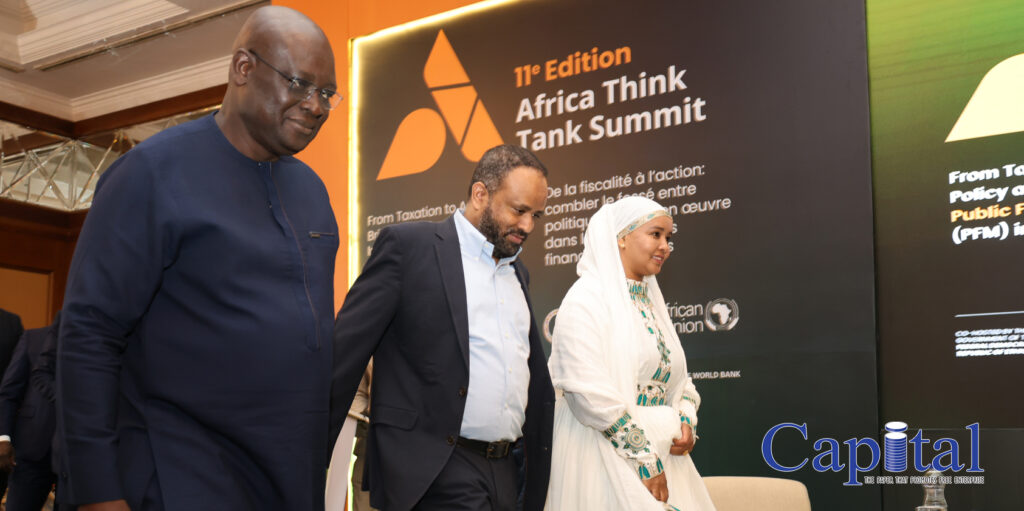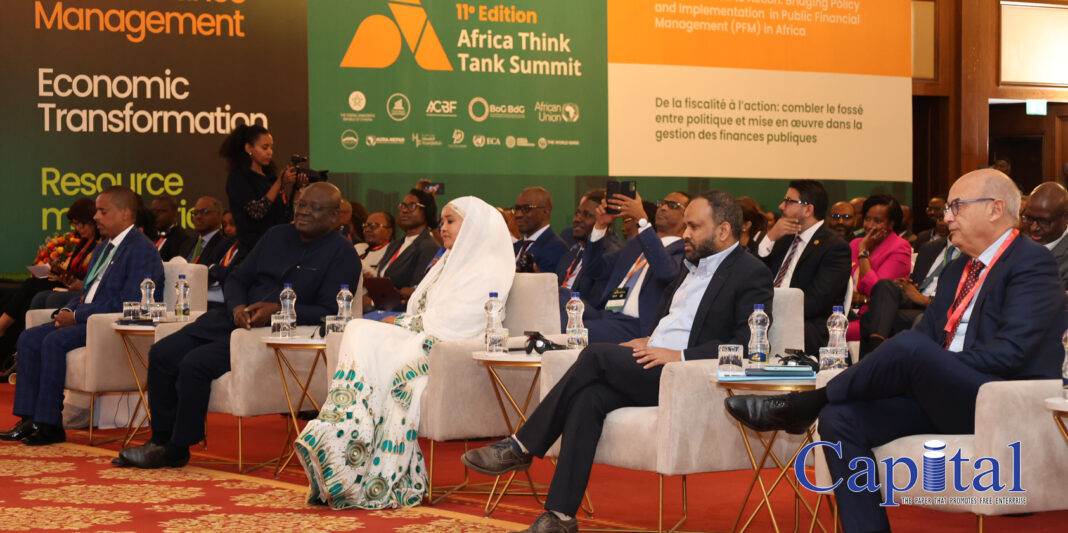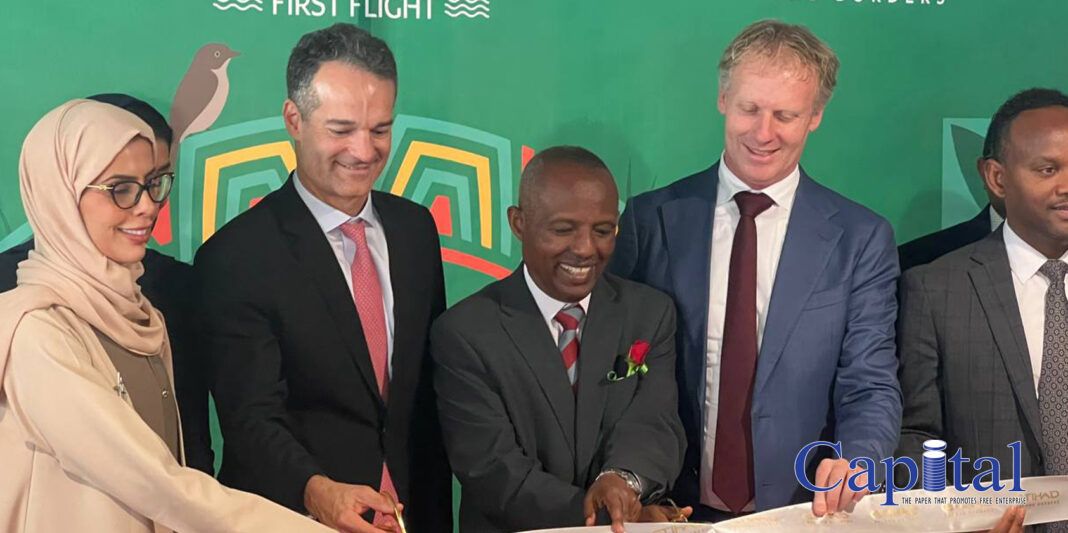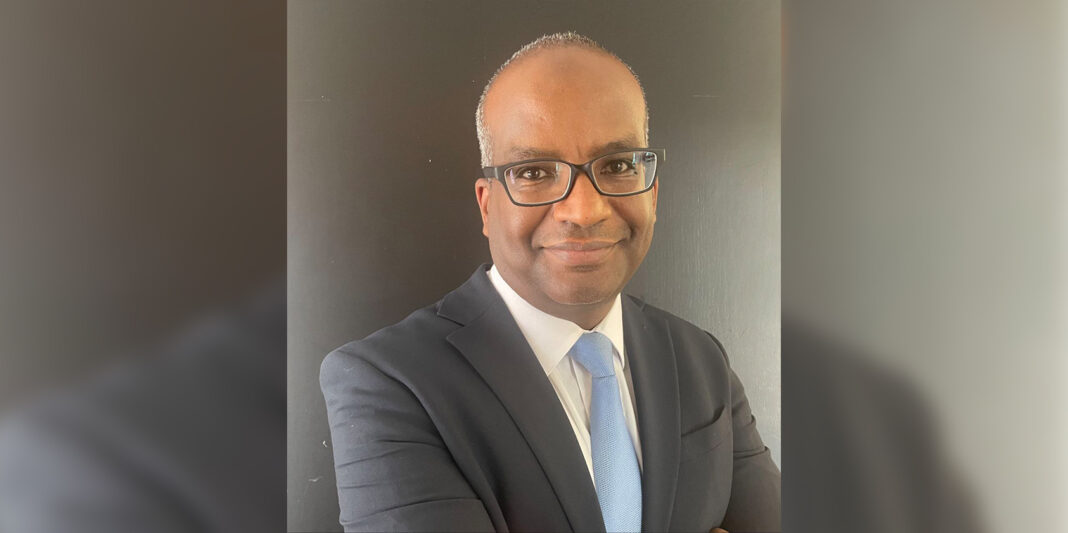Addis Ababa this week hosted a high-level gathering that leaders and economists described as pivotal to the future of Africa’s public finances. Convened under the theme From Taxation to Action: Bridging Policy and Implementation in Public Financial Management in Africa, the 11th Africa Think Tank Summit 2025 brought sharp focus to the continent’s worsening debt predicament, with 22 countries — including Ethiopia — now in what experts label “unsustainable” debt distress.
Organized by the African Capacity Building Foundation (ACBF), the three-day summit called on governments to shift from dependency on shrinking streams of foreign finance toward strengthening financial sovereignty through effective domestic resource mobilization (DRM). According to data presented at the event, average public debt in sub-Saharan Africa has surged to nearly 60% of GDP over the past decade, with debt servicing consuming up to 9% of national budgets. This trend, delegates warned, is squeezing expenditure on health, education, and other essential public services.
Mamadou Biteye, Executive Secretary of the ACBF, underlined that despite efforts to modernize tax systems, Africa’s tax-to-GDP ratios — typically between 12% and 15% — remain far below the 20% or more achieved in Asia and Latin America. He attributed the gap to structural issues including large informal sectors, capacity constraints, income inequality, and an erosion of public trust rooted in limited transparency and weak accountability. “When taxpayers see little return for their contributions, tax morale declines,” he noted.

In a keynote speech, Zadig Abrha, President of the African Leadership Excellence Academy (AFLEX), urged leaders to rethink Africa’s economic position. “If we want sovereignty, we must support it financially. If we want freedom, we must impose taxes — not as punishment, but as the price of civilization,” he said. Comparing Africa’s circumstances to global benchmarks, he stressed that Europe, the United States, and China had each financed nation-building through domestic contributions, cautioning against “eternal dependence on the goodwill of others.”
Speakers also placed responsibility on African think tanks — described as “laboratories of destiny” — to close the gap between strong policy visions and weak execution. Biteye called for transforming these institutions into “rivers of thought” that irrigate the entire continent, driving Africa from being the subject of external analysis to the author of its own development narrative.
The summit urged African states to prepare for emerging intersections between artificial intelligence, climate change, and biotechnology, insisting on a shift “from imported ideas to domestic intelligence” and from reactive policymaking to proactive strategic planning. Delegates emphasized the need for intellectual collaboration, warning against siloed research efforts that fail to influence policy at scale.
To ensure the conference yields tangible outcomes, Biteye advocated for practical models linking reforms to measurable results — the “last mile” between strategy and impact. Citizens, he stressed, must see their taxes transformed into schools, hospitals, roads, and climate-resilient infrastructure. Digital tools such as open budget portals and e-procurement systems, he added, can enhance transparency and efficiency if supported by robust institutions.
The tone of the Addis Ababa summit was clear: Africa’s fiscal future will depend on moving reasoning into results, and turning talk into coordinated, continent-owned action.







